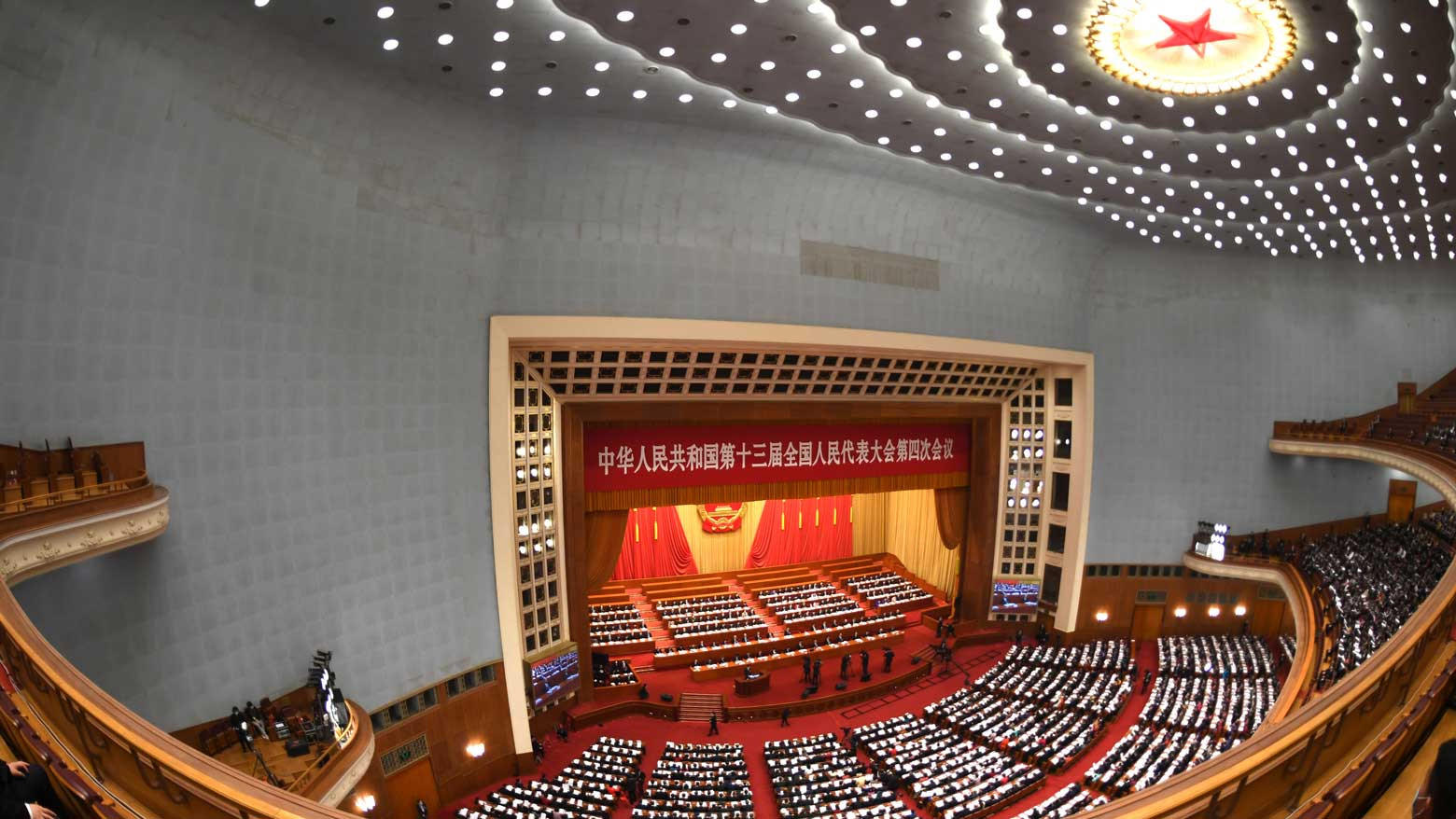Tsinghua Unigroup, a key player in China's semiconductor sector, shocked the markets last November when it announced that it was defaulting on a privately placed domestic bond. The firm had been touted as a powerhouse that would produce more "Made-in-China" semiconductor chips and reduce reliance on United States imports.
During the same month, Yongcheng Coal, a state-owned enterprise, defaulted twice. The surprise move sent a message: SOEs are not immune to corporate failure. The company boasted a AAA credit ranking before the defaults.
Experts think that Beijing's inaction is part of an attempt to encourage companies to reduce debt. According to the Bank for International Settlements, total credit to non-financial corporations in China is 163% compared to Gross Domestic Product. That is far bigger than Japan at 114%, and the US at 83%.
Chinese officials appear confident about a post-COVID economic recovery, but are increasingly cautious of government and corporate debt. They seem to be refusing to accept the "too big to fail" orthodoxy and are not providing any guarantees to firms that may be counting on bailouts.
Premier Li Keqiang announced at the National People's Congress last week that the country is aiming for economic growth of more than six percent in 2021. That is regarded as an achievable and fairly modest target, compared to the International Monetary Fund's forecast of eight percent for the same period.
As Chinese corporate debt defaults continue, observers are worried about cross-defaults that could trigger a bigger-than-expected impact and rattle the country's economy. Investors and economists are keeping a keen eye on Beijing's debt reduction campaign and whether it will succeed without serious repercussions.

